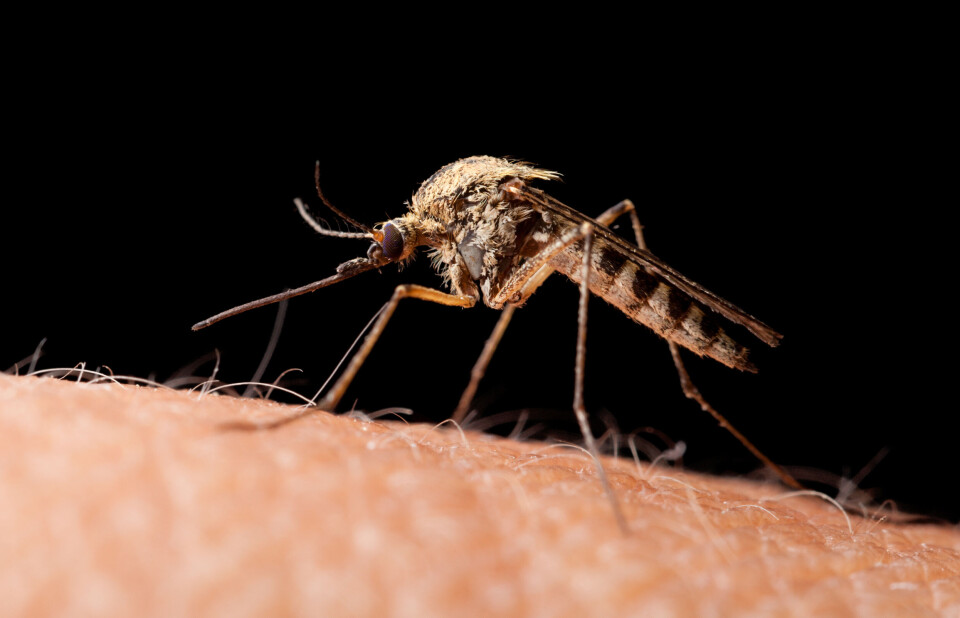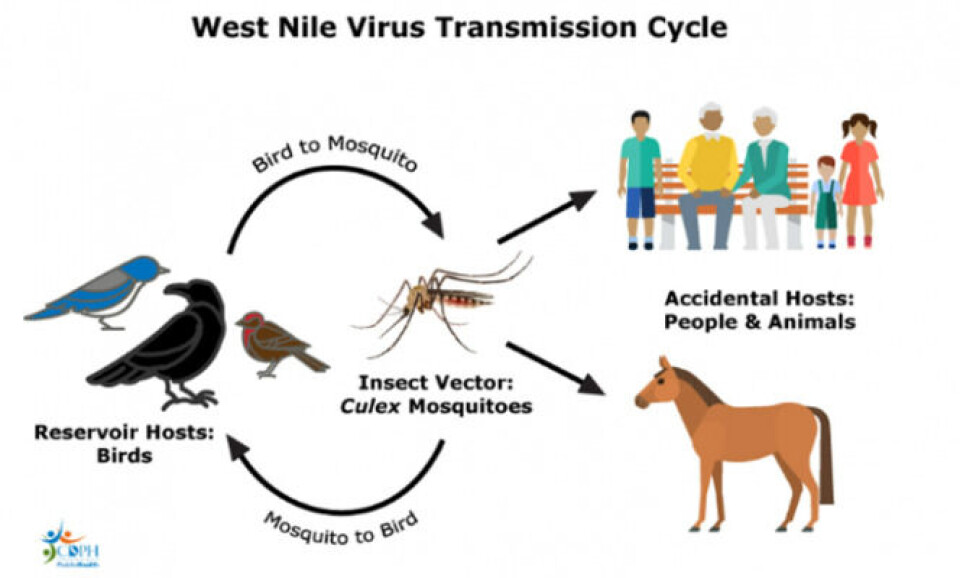-
Storm Nuria to hit France: Gales of up to 140 km/h forecast
The south and much of the south-west will be impacted
-
100 more supermarkets in south of France are to rebrand to Carrefour
Stores impacted are small convenience shops in the centre of cities or smaller supermarkets in rural towns or villages
-
Why facts of British couple’s deaths in south of France are slow to emerge
The investigation highlights stark differences in procedures between France, UK and US
First case of mosquito-spread virus identified in south-west France
Around one in 150 people infected with the virus develop a serious, sometimes fatal, illness

The first human case of a mosquito-spread virus has been detected in south-west France.
Regional health agency Agence régionale de santé Nouvelle-Aquitaine (ARS) confirmed a patient had been infected with West Nile virus (WNV).
The individual is from Bordeaux. Four other suspected cases are being investigated.
“Their state of health does not inspire concern and they are on the way to recovery,” said the regional health agency in a statement.
It said in 80% of cases those infected with West Nile virus do not display any symptoms.
About one-in-five people who are infected develop a fever and other symptoms. About one out of 150 infected people develop a serious, sometimes fatal, illness, according to the US Centers for Disease Control and Prevention
Symptoms usually appear two to six days after the patient was infected but occasionally can take up to 14 days to appear.
This is the first time the disease has been transmitted to humans outside regions on France’s Mediterranean coast.
Previously there have been cases identified in humans in the Occitanie and Provence-Alpes-Côte d'Azur regions.
The virus was also detected in horses in the Nouvelle Aquitaine region last autumn.
How is it transmitted?

Picture credit: CDPH Public Health
The virus was first identified in Uganda in 1937, in an area west of the White Nile River - hence its name.
As the picture above shows, it is transmitted to humans - and horses - by a mosquito that has previously bitten a bird infected with the virus. These birds are “reservoir hosts” meaning the virus cannot be transmitted from human to human, animal to human or human to mosquito. There is an extremely low chance of transmission via blood or organ donation.
The virus was first identified in France in the 1960s but has been spreading more rapidly in the past 15 years, in both France and southern Europe as a whole.
How do I protect myself from mosquito bites?
The ARS recommends the following to protect yourself from mosquito bites:
-
Wear loose, long-sleeved clothing
-
Use an insect repellent in the evenings on exposed skin
-
Sleep under a mosquito net
-
Use fans and air-con which can annoy mosquitos
-
Use electronic mosquito repellents inside
Read also
Mosquito season in France: What influences how prone you are to bites?
Mosquitoes in France: A scientist's advice for keeping them away
























